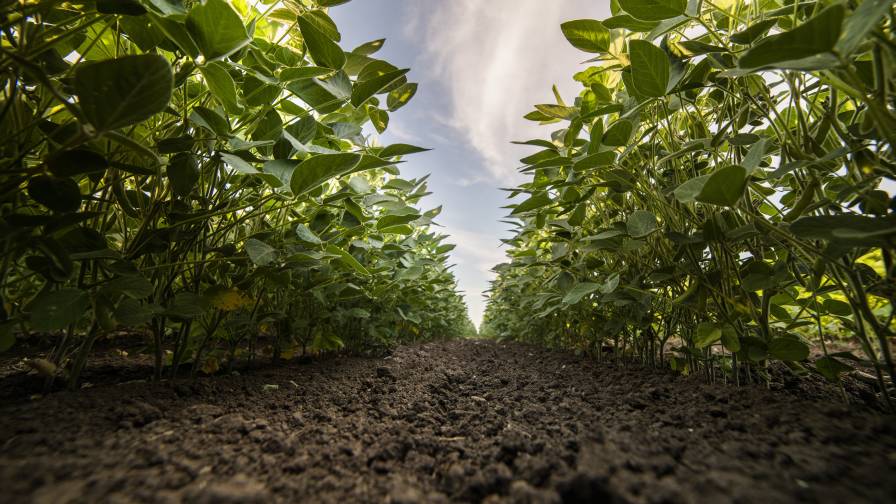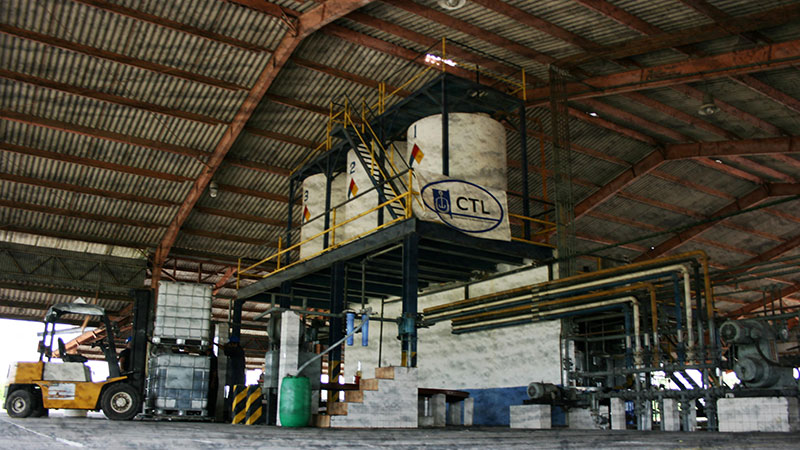Biologists Discover Plants’ Natural Defenses
Eric Schmelz, plant physiologist with the Departamento de Agricultura dos EUA (USDA), says the best way to protect crops is to figure out how they protect themselves. Plant biologists at the USDA’s Center for Medical, Agricultural, and Veterinary Entomology in Gainesville, Florida, have identified the strategy and means by which plants recognize an attack, reports Ciência Diária. The USDA scientists spent three years analyzing the biochemical response of the cowpea, a type of legume favored by an insect known as the fall armyworm. They conducted over 10,000 leaf bioassays and identified a specific class of small peptide ‘elicitors’, or plant defense signals that help plants react to insect attack.
Research shows that when insects ingest parts of a plant, digestion turns proteins already present in the plants into a peptide elicitor, which is secreted back into the plant during subsequent feedings. The plant recognizes this elicitor and launches its defensive chemistry in the form of toxins or volatile chemicals. An 11-amino acid peptide called inceptin plays a pivotal warning role in cowpea plants under attack by armyworms. The USDA researchers also identified two related but less abundant peptide fragments that provoke similar defense responses in cowpea, and a third with no apparent effect. They also showed that inceptin and related peptides spark a cascade of phytohormone increases in cowpea to trigger its defenses, and identified critical features of the protein’s structure that enable it to function as a plant defense signal.
"What we’re studying is how plants are using these chemicals to help to defend themselves," Schmelz said. Reacting to the chemicals secreted by an insect’s digestive juices, the plant releases odors to attract other bugs to get rid of the problem. Plants react to each attack differently, emitting different odors to attract different bugs to help defend them. "A tiny bite from a very small caterpillar will start this process going," Schmelz explains.
Researchers hope to learn more about the chemical process plants use to protect themselves; eventually their work could lead to the development and genetic manipulation of plants with improved protection against pests. "If we can have a plant that is producing a stronger defensive reaction once it’s chewed on, that pest may no longer be a problem," Schmelz said.






